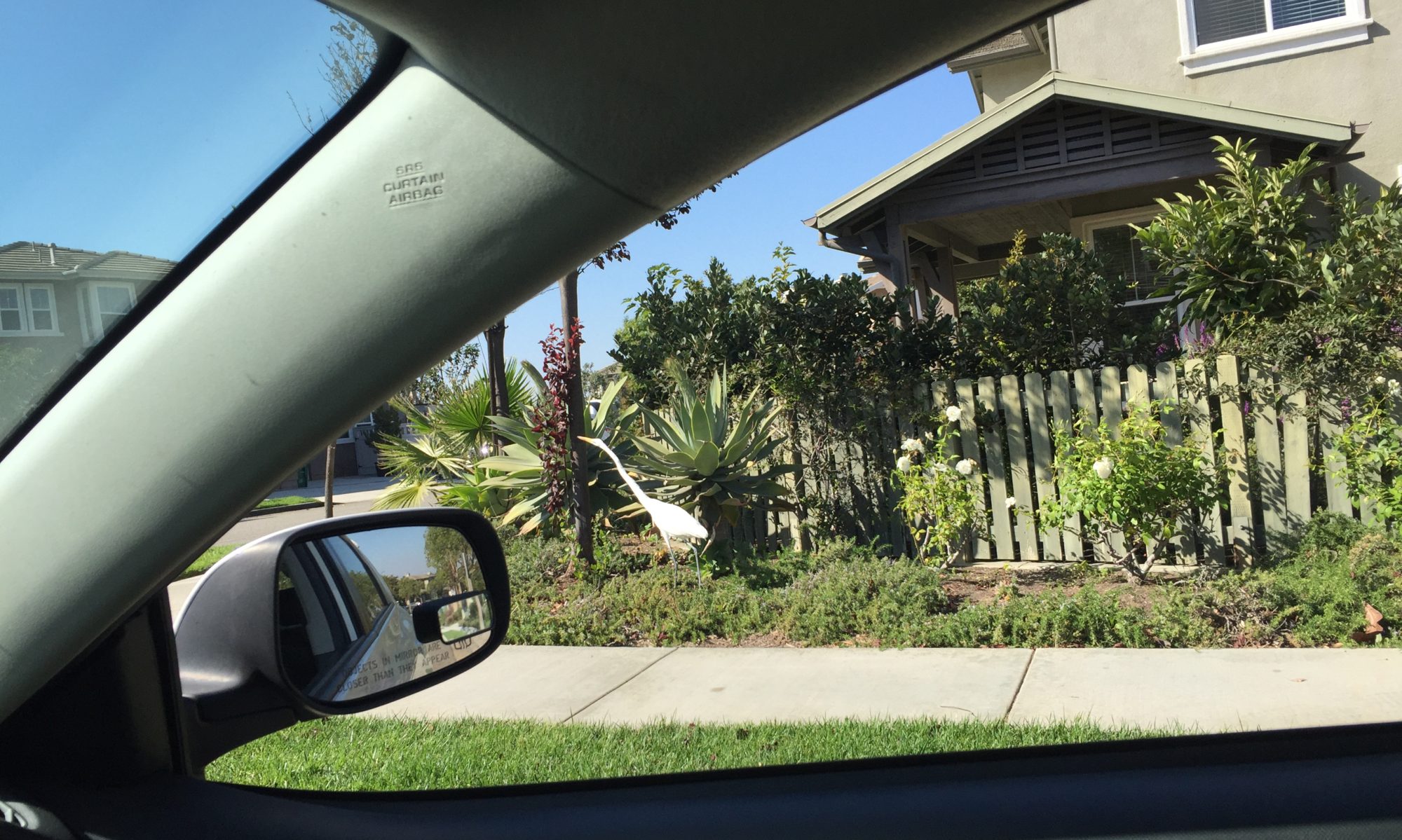It was a funeral.
I sensed the deceased
read my thoughts
better than myself.
The organ fell silent. Birds sang.
A grave opened to the sun.
My friend’s voice rang as far
as the minutes’ darkside.
I drove home transfixed
by the glare of summer day,
by rain and stillness,
transfixed by the moon.
From Tomas Tranströmer, Från juli 90
Det var en begravning
och jag kände att den döde
läste mina tankar
bättre än jag själv.
Orgeln teg, fåglarna sjöng.
Gropen ute i solgasset.
Min väns röst höll till
på minuternas baksida.
Jag körde hem genomskådad
av sommardagens glans
av regn och stillhet
genomskådad av månen.
***
Tranströmer has an uncanny knack. One might call it musical, given his love for and skill at piano, even after the stroke which left him without use of his right hand. I am sure he thought of Paul Wittgenstein, the philosopher’s older brother, the pianist who lost his right arm in what is now Ukraine during the First World War, not the second cousin, about whom Thomas Bernhard wrote so compellingly in Wittgensteins Neffe. Maurice Ravel composed a Concerto for the Left Hand at the first Paul’s request. One wonders about Tranströmer’s own left-handed repertoire in his later years. Did he stick with Haydn or try out the repertoire Paul Wittgenstein commissioned from Ravel, Hindemith, Prokofiev and Britten, among others?
In this poem in particular, there is certainly counterpoint (the deceased / myself; the organ fell silent / the birds sang; a grave dug into soil / the sun). There is also what could be called modulation, as when the poet moves in the last stanza from the glare of summer day, through rain and stillness, and then on to the moon.
Critics have spoken of the quality of Tranströmer’s diction, choice of words. This makes him especially useful to a student of the language.
There is much less of a Latinate register in Swedish than English. The language of Rome never sunk roots that far away, though late Latin was the preferred instrument of elite scientific communication for a long time. Look at Swedenborg.
My Latiny transfixed for gemonskådad goes against the instincts of an English translator. Archaic or poetic skåda means to behold, watch or observe. It shows up now mainly in compound forms, as in skådespelare, actor / Schauspieler. If all things were equal, which they are not, gemonskådad av månen would call for an Anglo-saxonish “seen through” or “beheld” by the moon. But “looking through” means “seeing what is beyond,” as in perceiving what is on the backside of the moon, of the minutes as they tick, of time. As in prefiguring, at an inhumation, one’s own death. To be transfixed is also to be caught in some Medusa’s stare, her glance, her glare.
Then breaks forth a cadenza. The dead friend’s words, which best expressed the poet’s own thoughts, had hung in the void, resounding from the far side of time, as if from the occulted dark side of the moon. Driving home from the obsequies through unsettled afternoon weather and into a night clearing of clouds, the poet is transfigured in the sight of the moon.
Like music, poetry is composed of structures which make things happen in our mind.
